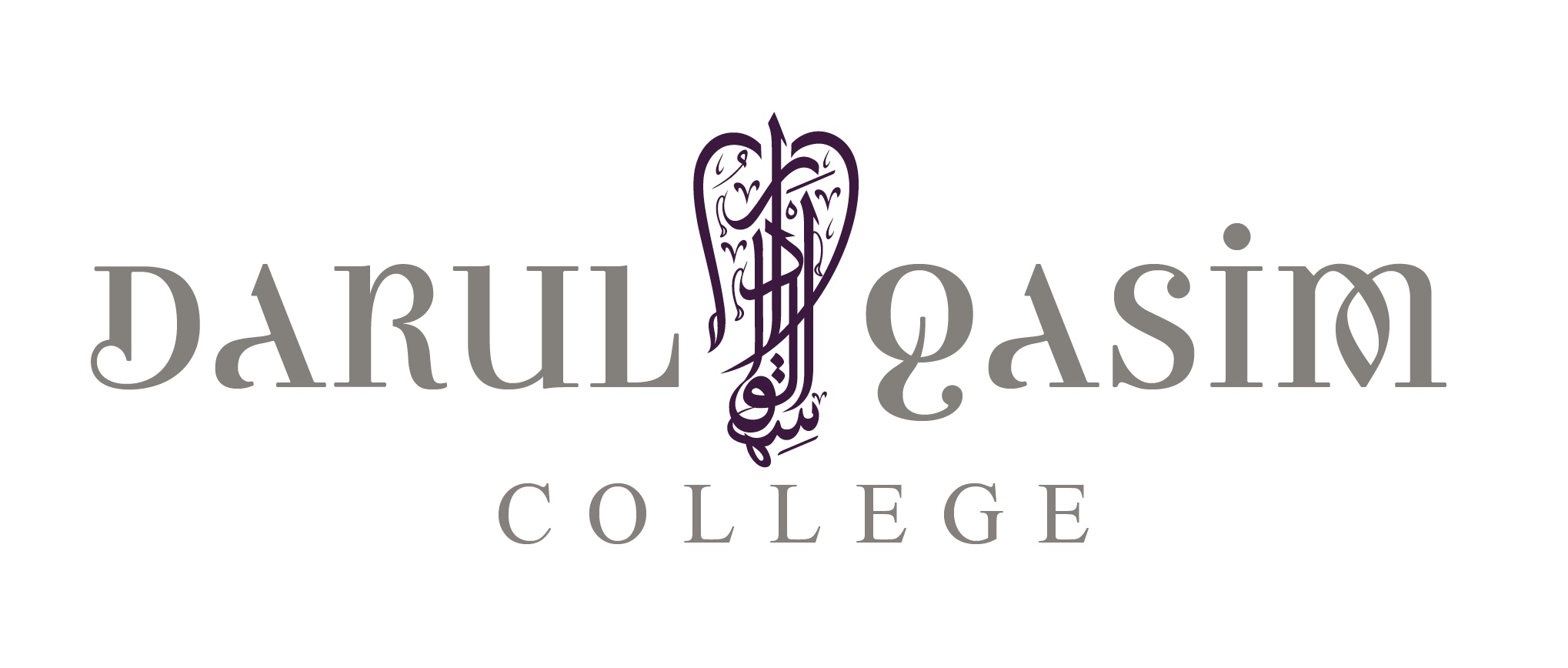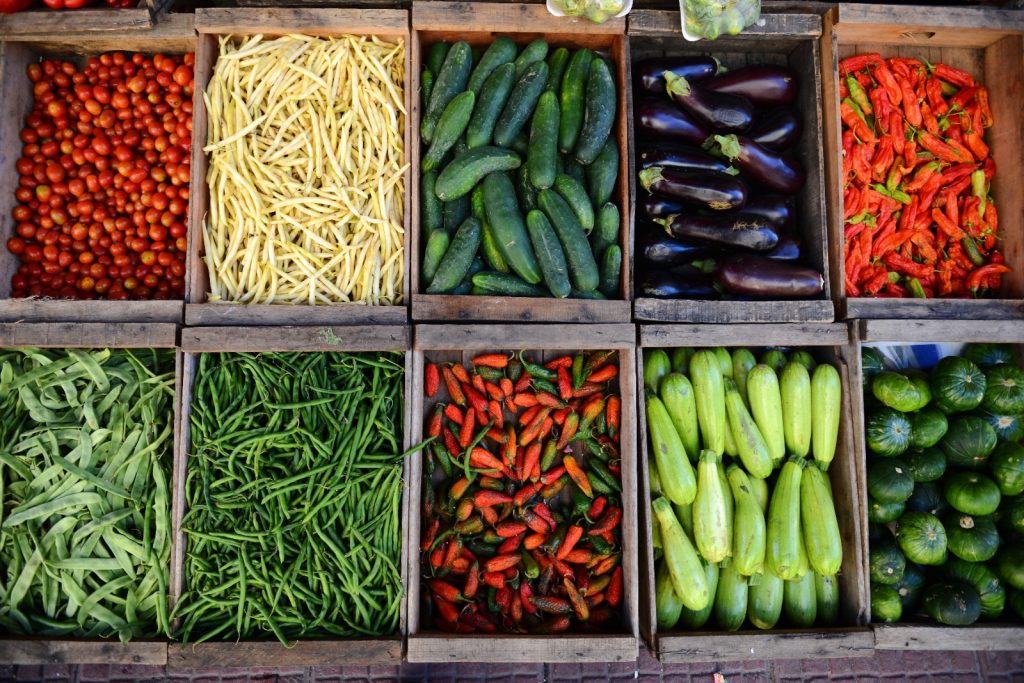On March 20, 2022, Mawlana Asif Zia Uddin, Chair of the Department of Islamic History at Darul Qasim, was invited to IFN Libertyville to speak about eating healthy this Ramadan. His presentation focused on sharing his research on this topic and practical tips on how to consciously eat healthy this Ramadan. He began by sharing some findings of the 2010 Global Burden of Disease Study (the largest study of disease risk factors in history). According to the study, the number one cause of death and disability in the United States is diet. He pointed out while Muslims are accustomed to reading labels to verify whether the ingredients are halal or not, there is less attention given to the purity of food. He encouraged his audience to read labels so that one can eat pure (tayyib) foods.
Mawlana Asif went on to discuss the clean eating approach. The clean eating approach emphasizes quality over quantity. An important premise to keep in mind is that not all calories are created equal. And when one adheres to whole foods, it is more likely that one’s caloric intake will remain at an appropriate level for your body and maintain optimal health as a result. He illustrated this point by asking people to think about how easy it is to eat your way through an entire bag of chips, but eating an entire box of strawberries would actually be difficult. His tip was to pay attention to why you feel more satiated after eating whole foods as opposed to foods like potato chips. In addition, by not overeating we are not wasting food.
The final reminder Mawlana Asif gave was in regard to the sunnah of eating by being grateful. Studies have shown that gratitude can optimize the immune system and even lower inflammatory molecules. He reminded the audience that if Allah ﷻ and his Rasūl ﷺ mention gratitude as a quality for the believers, then we are being ungrateful to Allah ﷻ if we choose foods that are harmful to our health like artificial junk. Mawlana Asif remarked, “I don’t like to even call them junk food because I don’t consider them to be food!”
Eating tayyib foods, not wasting by overeating, and following the Sunnah of eating by being grateful are some ways that we can make the most of this Ramadan. By nourishing our bodies with wholesome foods and following Prophetic guidelines not only will our bodies thrive, but so will our communities. We will gain the physical, emotional, and social strength to perform our ibadat with strength, consistency, and focus.

